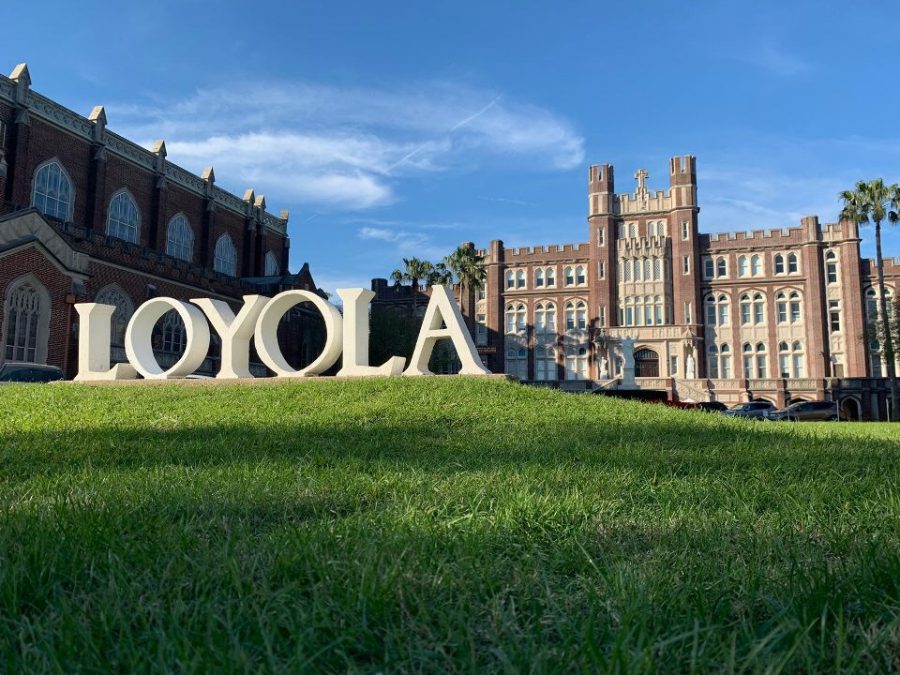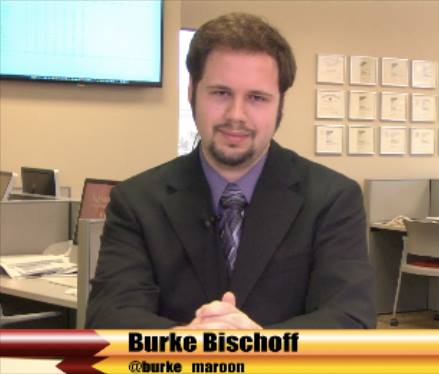Halliburton Energy Services, BP’s cement contractor for the oil rig that exploded in the Gulf of Mexico in 2010, is pleading guilty to destroying evidence related to the Deepwater Horizon spill.
The company has agreed to pay a $200,000 maximum fine, serve a three-year probation, and voluntarily donate $55 million to the National Fish and Wildlife Foundation. The terms of probation have not yet been made public.
Local Loyola scholars discuss Halliburton’s decision to destroy evidence and how its reputation will hold up in the future.
Bob Thomas, director of the Center for Environmental Communications at Loyola, said the fine Halliburton had to pay was cheap. Thomas said with the harm the oil spill caused commercial fisheries and the energy economy, the fine should be much higher.
“A court needs to decide what the implications are of what they admitted and then they need to be fined accordingly,” Thomas said.
Professor at Loyola’s College of Law Blaine LeCesne, who served as deputy city attorney for the city attorney of New Orleans in the late 1980s, said he believes the company will inevitably face larger consequences in district court.
“This latest revelation of them destroying evidence is consistent with a general pattern of concealing and destroying evidence that was relevant in the first phase of the recently concluded BP trial,” LeCesne said regarding Halliburton Energy Services.
According to LeCesne, the company behaved unprofessionally when handling the evidence, in instances in which they destroyed notes that detailed various power tests that were run on the cement samples used, produced documents that were requested by the parties in the case at the last minute, and produced cement samples that they could not find previously at the trial’s end.
LeCesne says that Federal Judge Carl Barbier has already taken the “tampering with evidence pattern” to note and will most likely sanction Halliburton for those violations.
“All of this recalcitrance regarding the production of relevant information that bares upon liability in the trail has already been noted by Judge Barbier, and he was clearly disturbed by that pattern of behavior,” LeCesne said. “So not only will he sanction them by most likely imposing some monetary fine for those failures of disclosure, but it also will bare upon their credibility.”
However, Thomas doesn’t think Halliburton’s damaged reputation will necessarily hurt their company. Thomas believes that people who do not like them will dislike them more, while others will still depend on them.
“They’re a big corporation, they’re needed by an awful lot of people to get their jobs done,” Thomas said. “If they are needed by somebody else for that somebody else to make money, they’ll go back to it.”
LeCesne said he believes the company may not be able to recover its credibility, which may lead to more fault placed on Halliburton for the blowout.
Burke Bischoff can be reached at [email protected]











